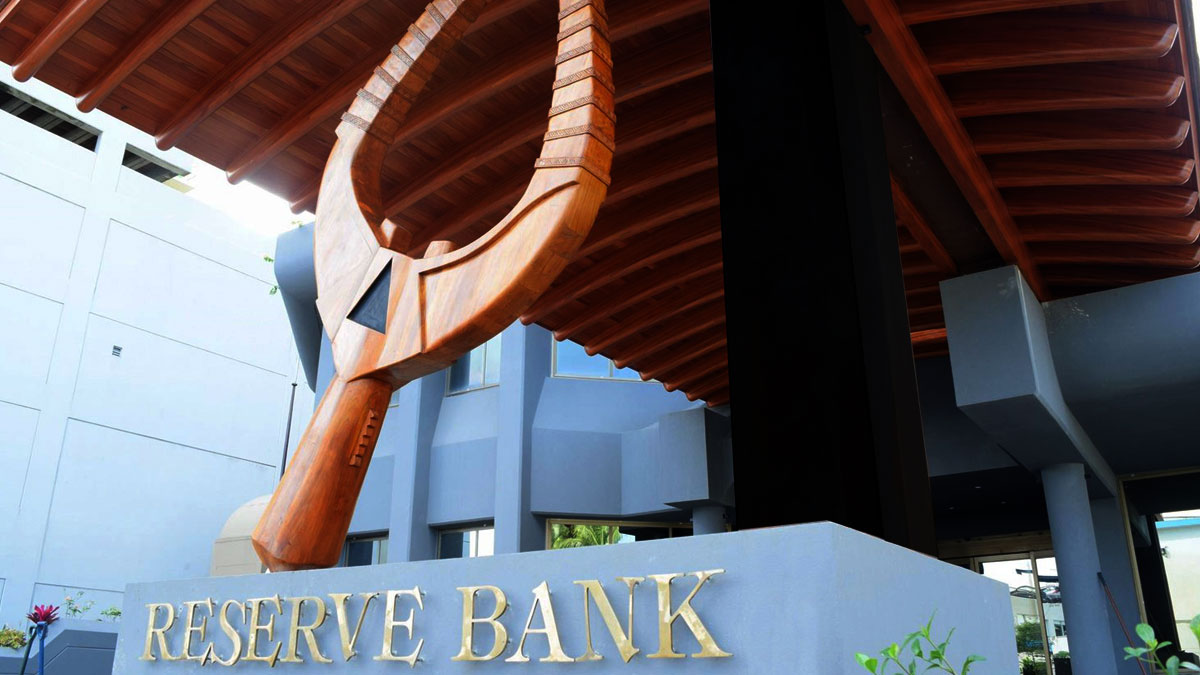
Reserve Bank of Fiji Governor, Ariff Ali, launched a newly upgraded Real Time Gross Settlement RTGS System today, marking an important milestone in modernising Fiji’s Payment System.
RBF says the system will now form the rails for channelling approximately $180 billion worth of transactions annually.
RBF says the RTGS system is the first of the two major components being introduced as part of the Automated Transfer System, an important payments infrastructure which constitutes the largest single investment made by the RBF.
During the launch, Ali says for increased efficiency in payments and settlement and the growing prominence of digital financial technology, this improved infrastructure will lay an enabling platform for increased innovation and volumes of digital payments.
The Governor expresses his appreciation to the Government, the International Finance Corporation, a member of the World Bank Group and the supporting donors for their technical assistance in the reform.
He also says he is thanking the commercial banks for their collaboration and stated the RBF will continue to engage with the industry in the upcoming months for the introduction of the retail payments functionality of the ATS, which is expected to bring further enhancement to Fiji’s payment system.
While commenting on the launch, ANZ Fiji Country Head, Rabih Yazbek says ANZ is pleased to support the RBF changes to the national payment system, which will make domestic payments faster and easier for Fijians.
Yazbek says this has only come about through years of hard work and effort from the RBF and all six commercial banks in Fiji, with work on more major developments already underway for 2023.
It is an upgrade to the existing RTGS system (known as FIJICLEAR) that has been in operation since 2007 and is designed to support time-critical, large value payments between customers of commercial banks in Fiji.
The upgraded RTGS system will enable banks that support straight-through processing over their specific payment channels end to end electronic transfers without manual intervention thus providing a faster and more efficient way of making interbank payments.
Stay tuned for the latest news on our radio stations

